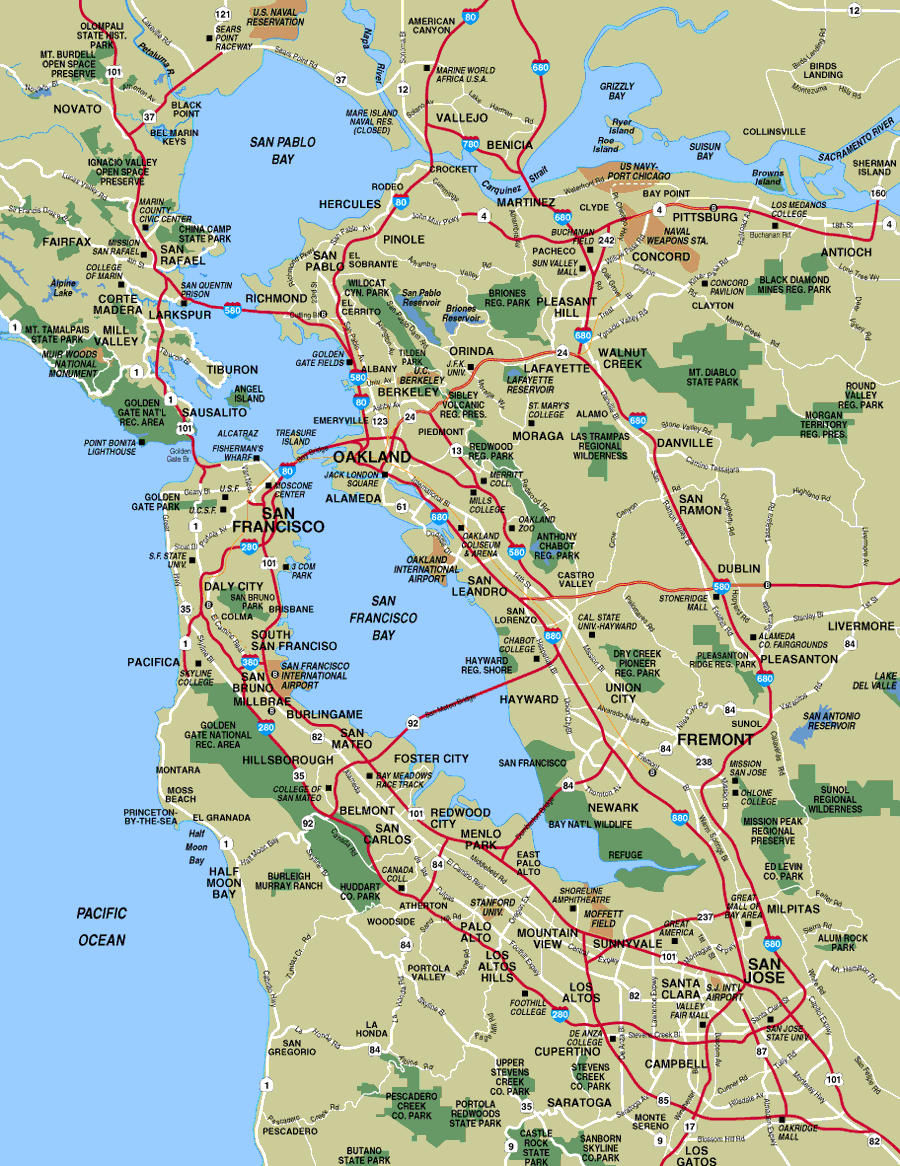

|
|

|
 |
Verbs are what makes it all
happen ...
... whether or not it all comes true.

Now, looking at a map like this you may start
to wonder. What is that map doing here under
Grammar?
What in the world is going
on here?
Now where there's a lot of water, there's a
need for building bridges,
or we would all have to be in the boats, sailing
or rowing like
maniacs simply hoping to make it
across.
This is what communication is all about, getting across the water of infinity, making it work, the functioning of a language as a bridge.
Verbs are what makes it all happen... whether or not it all comes true.
Auxiliary Verbs, Helping Verbs or simply, in Swedish, HJÄLPVERB are all assisting or helping regular verbs in creating a meaningful sentence, producing information that really makes sense to all and everybody whether you need to know about time or person, whether it's us or them, whether or not it is an ongoing thing or something of the past, auxiliary verbs are there to help understanding both the speaker and the writer as well as the reader and listener.
They are all here for you and me. Without them we would lose touch with reality; time, place and person.
Let's look them over, first at a glance:
|
English |
Swedish |
Comments - Kommentarer |
|
can MEG 4.47 |
kan
|
|
|
do/does MEG 4.40--43 |
Finns endast i engelskan och saknas alltså i det svenska språket. |
Detta går icke att översätta eftersom motsvarighet saknas. -There's nothing like it in the Swedish language! |
|
have MEG 4.44
|
ha, har |
OBS!
|
|
may MEG 4.48 |
kan kanske, kanske kunna, får |
might: kunde, skulle kunna, kunde kanske, skulle kanske kunna |
|
must MEG 4.53 |
måste, vara tvungen att |
Numera används mer och mer uttrycket 'have to' |
|
ought
MEG 4.52 |
böra, bör, borde |
Detta har mer och mer kommit att ersättas av 'should'. |
|
MEG 4.50 |
skall |
Detta används oftast och mest i 1:a person, samt i uppmaningar som 'Shall we?' |
|
should
MEG 4.51 |
borde |
|
|
will (future) MEG 4.49 |
skall, kommer att |
|
|
would MEG 4.49 |
skulle |
|
|
be MEG 4.45
To be or not to be, that is the question. |
(presensform: är = am, are, is)
|
I olika fackböcker och grammatikor så råder delade meningar om detta ord. I vissa, framförallt svenska, så listas ordet som hjälpverb. Ordet är egentligen inget renodlat hjälpverb eftersom ett hjv skiljer sig från huvudverb genom att det inte kan stå ensamt i en sats (utan underförstått huvudverb). Lägg också märke till att detta ord
(verb) till skillnad från de flesta andra engelska verben, skiljer sig
beträffande infinitiv- och presensform. De flesta engelska verb är lika
i infinitiv och presens! I am sick. He was surprised. He's a real jerk! |
|
|
|
|
|
usually used to MEG 4.54 H §164 |
brukar
|
OBS!
Detta är ju ett adverb men kan ändå fungera "med svenska mått
mätt" som ett hjälpverb. Grammatikböckerna är fyllda med exempel. -See English grammar books on this issue! |
|
need MEG 4.55 |
behöva |
|
|
dare MEG 4.56 |
våga |
|
MEG (Modern engelsk grammatik,
Svartvik-Sager, Almqvist & Wiksell)
H
(Hargeviks Engelska Grammatik, Stieg & Christina Hargevik, Almqvist &
Wiksell
And Yes, there are other grammar books.
NB. Some particular
verbs can be either helping verbs
or regular verbs, e.g.
Kan du engelska? (Do you know English?) Kan du tala engelska? (Can you speak
English?).
Så är ju fallet då t ex svenskans 'kan' förekommer i
betydelsen 'behärska' eller 'är/vara kunnig i'.
They don't have a car. The haven't got a car. They don't own a car.

I frågor sätts hjälpverben framför subjektet precis som i svenskan.
Does she smoke? Can he ski? Has she done it yet?
Hjälpverb har olika funktioner:
Tempusbildande HAVE
Pågåendeformer med BE (I was reading a book when a car came crashing through the wall.)
Passiva satser med hjälp av BE (He was later killed by the Federales.)
Modala hjälpverb: can, could, may, might, will, would, shall, should, ought to, must
Modala hjälpverben kan inte omskrivas med 'do'!
Modala hjälpverb följs som regel av ren infinitiv!
Annie's brother will leave at once.
Sammy should go ASAP.
(Undantaget är 'ought to' som blir mindre och mindre vanligt beträffande den moderna engelskan.)
 |
 |
|
|
|
 |
|
 |
|
|

© Swengelsk, KB ® webmaster |
|
|
 |